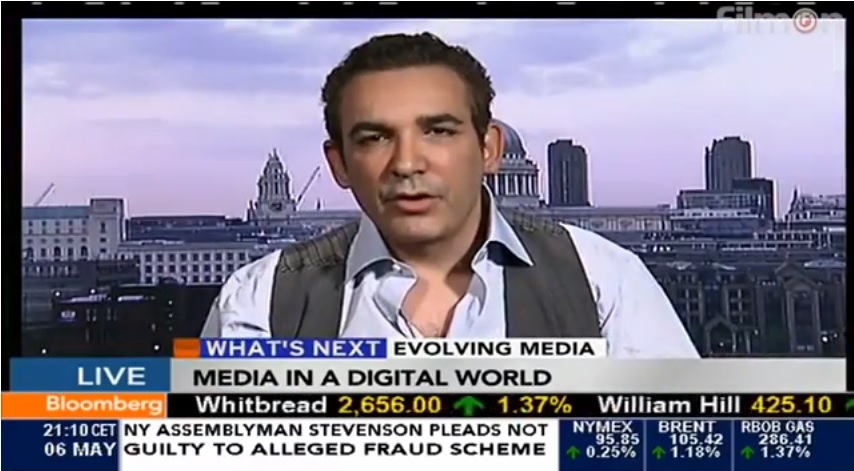In a recent directive, Zimbabwe's government has imposed an immediate ban on police officers using mobile phones while on duty, mandating that they only utilize their official walkie-talkies. The memo, which has circulated among police forces, requires officers to surrender their personal mobile devices to their supervisors upon arrival at their stations and permits their use only during designated break times. While no explicit rationale was provided in the memo, the timing coincides closely with the arrest of two traffic enforcement officers in Harare caught on video receiving bribes from public transport operators, leading to speculation that the ban aims to curb corruption within the police force.
Police spokesperson Paul Nyathi condemned the arrested officers, referring to them as “bad apples” and suggesting that their actions do not reflect the integrity expected of the police service. Last month, a previous order had hinted at the unavailability of cell phones during duty hours but was reportedly not vigorously enforced by station commanders. The new directive reasserts this rule, clearly stating that "no member is allowed to be in possession of a cell phone whilst on duty," and stipulating that violations will result in disciplinary actions against the commanding officers.
This development indicates a growing effort by the Zimbabwean authorities to address perceptions of widespread corruption among police officers, often attributed to inadequate salaries and poor working conditions. The country has faced increasing scrutiny regarding the integrity of its law enforcement institutions.
As protests and calls for reform continue, the impact of this new policy on officer conduct and public trust in the police remains to be seen in the context of ongoing socio-political challenges in Zimbabwe.
Police spokesperson Paul Nyathi condemned the arrested officers, referring to them as “bad apples” and suggesting that their actions do not reflect the integrity expected of the police service. Last month, a previous order had hinted at the unavailability of cell phones during duty hours but was reportedly not vigorously enforced by station commanders. The new directive reasserts this rule, clearly stating that "no member is allowed to be in possession of a cell phone whilst on duty," and stipulating that violations will result in disciplinary actions against the commanding officers.
This development indicates a growing effort by the Zimbabwean authorities to address perceptions of widespread corruption among police officers, often attributed to inadequate salaries and poor working conditions. The country has faced increasing scrutiny regarding the integrity of its law enforcement institutions.
As protests and calls for reform continue, the impact of this new policy on officer conduct and public trust in the police remains to be seen in the context of ongoing socio-political challenges in Zimbabwe.






















